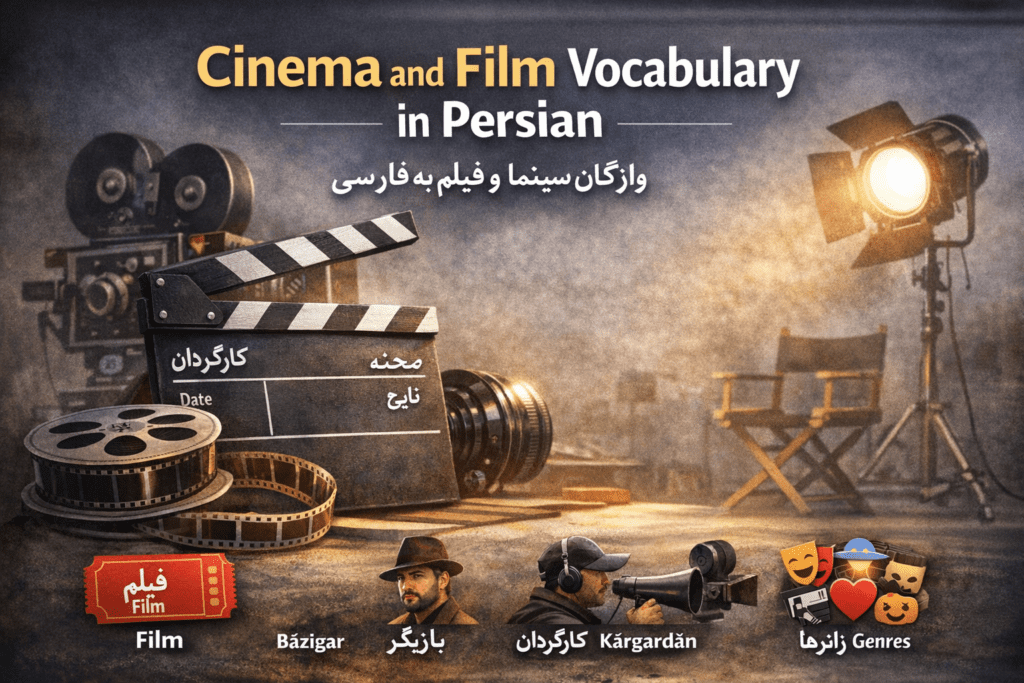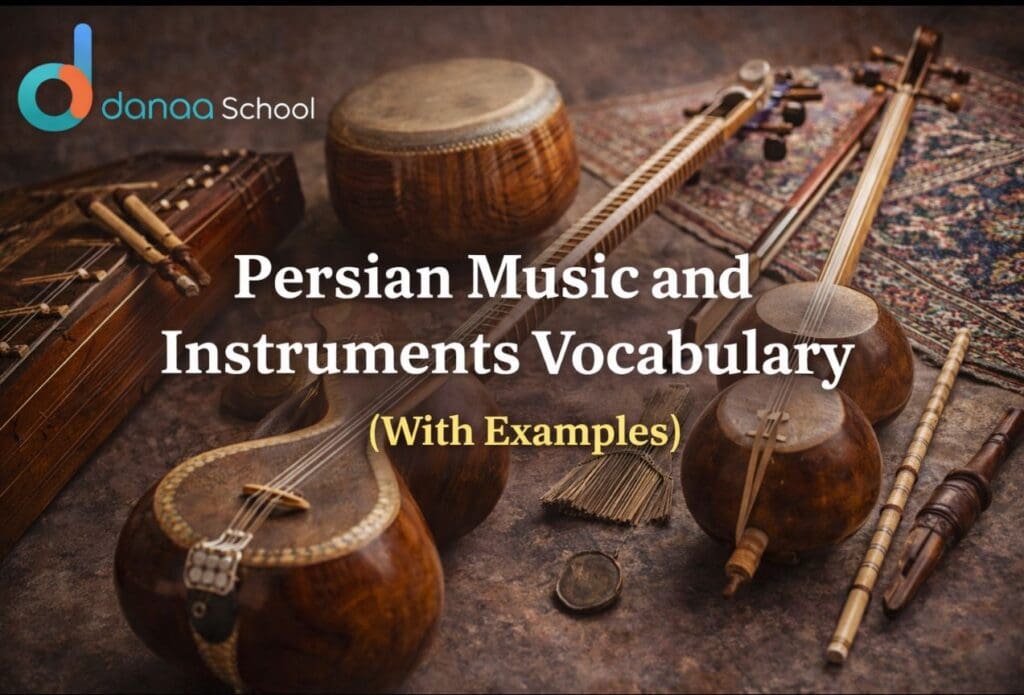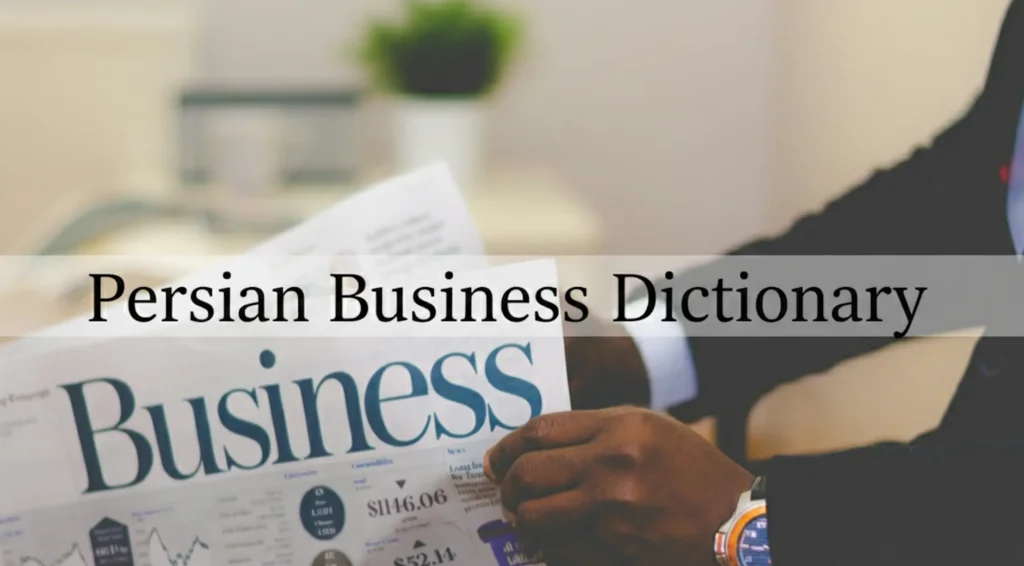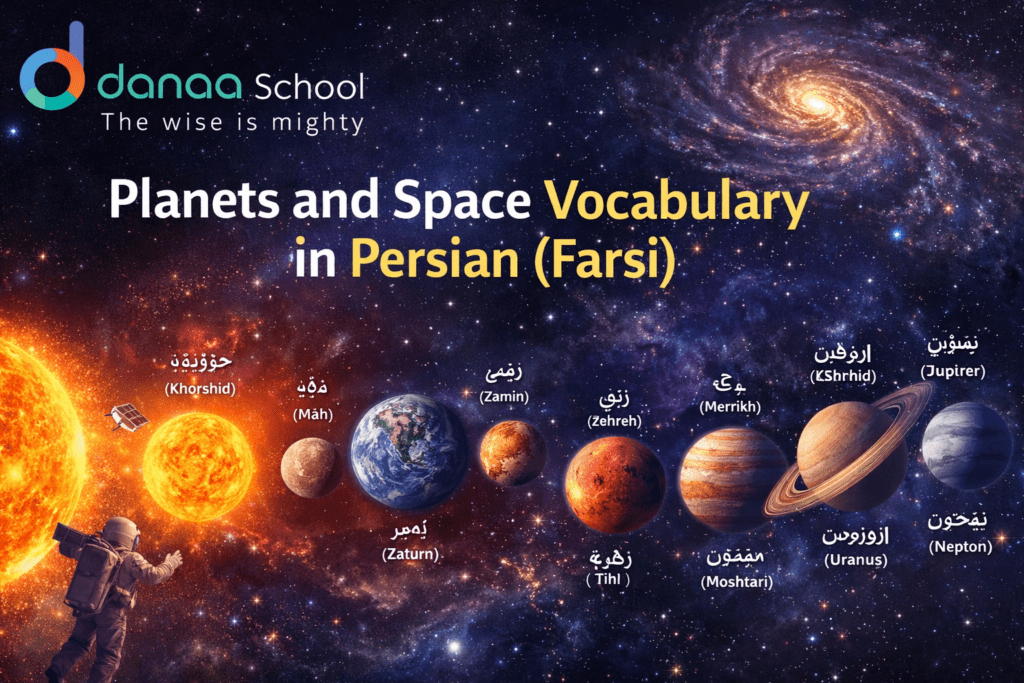Why Is Farsi Easier to Learn Than Arabic?
Learning a new language can be an exciting yet daunting task, especially when it involves complex scripts and intricate grammar rules. For beginners interested in learning a language from the Middle East, Farsi and Arabic often come to mind. However, many learners find Farsi to be a more accessible option than Arabic.
In this article, we compare Farsi and Arabic and explain why Farsi is easier to learn for beginners. Whether you’re learning for cultural, personal, or professional reasons, Danaa School is here to help you start with confidence.
Key Differences Between Farsi and Arabic
Although Farsi and Arabic share a similar script, they are fundamentally different languages with distinct grammar systems, pronunciation rules, and cultural contexts.
Language Family
- Farsi is an Indo-European language from the Iranian branch.
- Arabic is a Semitic language with a very different linguistic structure.
These roots affect vocabulary, sentence order, and grammar complexity.
Writing System – Farsi vs Arabic
Both languages use variations of the Arabic script, but the learning experience differs significantly.
Farsi Writing
- Uses a modified Arabic script with additional letters.
- Fewer vowel markings, making reading easier once letters are learned.
Arabic Writing
- More letter variations depending on position.
- Relies heavily on diacritics that are often omitted, confusing beginners.
Overall, Farsi’s writing system is simpler and more beginner-friendly.
Grammar – Which Is Simpler?
When it comes to grammar, Farsi is far more straightforward.
Farsi Grammar
- No gendered nouns or verbs.
- Simple Subject–Object–Verb sentence structure.
- Fewer irregular verb forms.
Arabic Grammar
- Gendered nouns and verbs.
- Complex verb conjugations based on tense and gender.
For beginners, Farsi grammar is much easier to absorb.
Pronunciation – Is Farsi Easier?
Pronunciation plays a major role in learning confidence.
Farsi Pronunciation
- Farsi pronunciation is consistent and predictable.
- Fewer guttural or throat sounds.
Arabic Pronunciation
- Contains sounds unfamiliar to many learners.
- Vowel length changes meaning and pronunciation.
This makes Farsi easier to pronounce and practice.
Vocabulary Differences
While Farsi has borrowed words from Arabic, the overall vocabulary system is simpler.
Farsi Vocabulary
- Farsi vocabulary has a stable core.
- Less variation across regions.
Arabic Vocabulary
- Strong regional dialect differences.
- Standard Arabic differs from spoken Arabic.
Why Farsi Is Easier for Beginners
With simpler grammar, clearer pronunciation, and a more accessible writing system, Farsi is an excellent first Middle Eastern language for beginners.
Learn Farsi with Danaa School
Ready to start learning? Start learning Farsi with Danaa School and enjoy expert-led lessons designed specifically for beginners.
Find Your Ideal Teacher
At Danaa School, you can choose your Farsi tutor from a selection of qualified and experienced teachers. Begin an exceptional journey into the world of Persian language!

FAQs
Is Farsi easier to learn than Arabic?
Farsi is often considered easier due to its simpler script and phonetic characteristics. Understanding the linguistic nuances, cultural influences, and practical benefits reinforces this perception.
Are there any benefits to learning Farsi over Arabic?
Learning Farsi provides insights into a rich cultural heritage, enhancing the language-learning experience. The discussion on benefits extends beyond language proficiency to practical advantages in various fields.
How can one overcome the challenges of learning Arabic?
Consistent practice, engaging with native speakers, and exposure to diverse dialects can aid in overcoming challenges in learning Arabic. Exploring effective strategies for tackling challenges offers practical advice for language learners.
What resources are available for learning Farsi?
A growing array of online courses, books, and language exchange platforms is dedicated to Farsi learners. Delving into the variety of resources available provides readers with actionable steps to initiate their language-learning journey.
Is Farsi becoming more relevant globally?
Yes, Farsi’s relevance is increasing in diplomacy, business, and academia. Exploring the geopolitical and economic factors driving this relevance offers readers insights into the broader implications of learning Farsi.
Conclusion
While both Farsi and Arabic are rich, beautiful languages with centuries of history, Farsi is often a more accessible language for beginners. Its simpler grammar, pronunciation, and writing system make it ideal for those new to Middle Eastern languages.
Danaa School offers a structured and supportive environment for anyone eager to learn Farsi, from complete beginners to advanced learners. Sign up now.
Want to Learn Farsi at Danaa School?
Here are the best resources for you!









